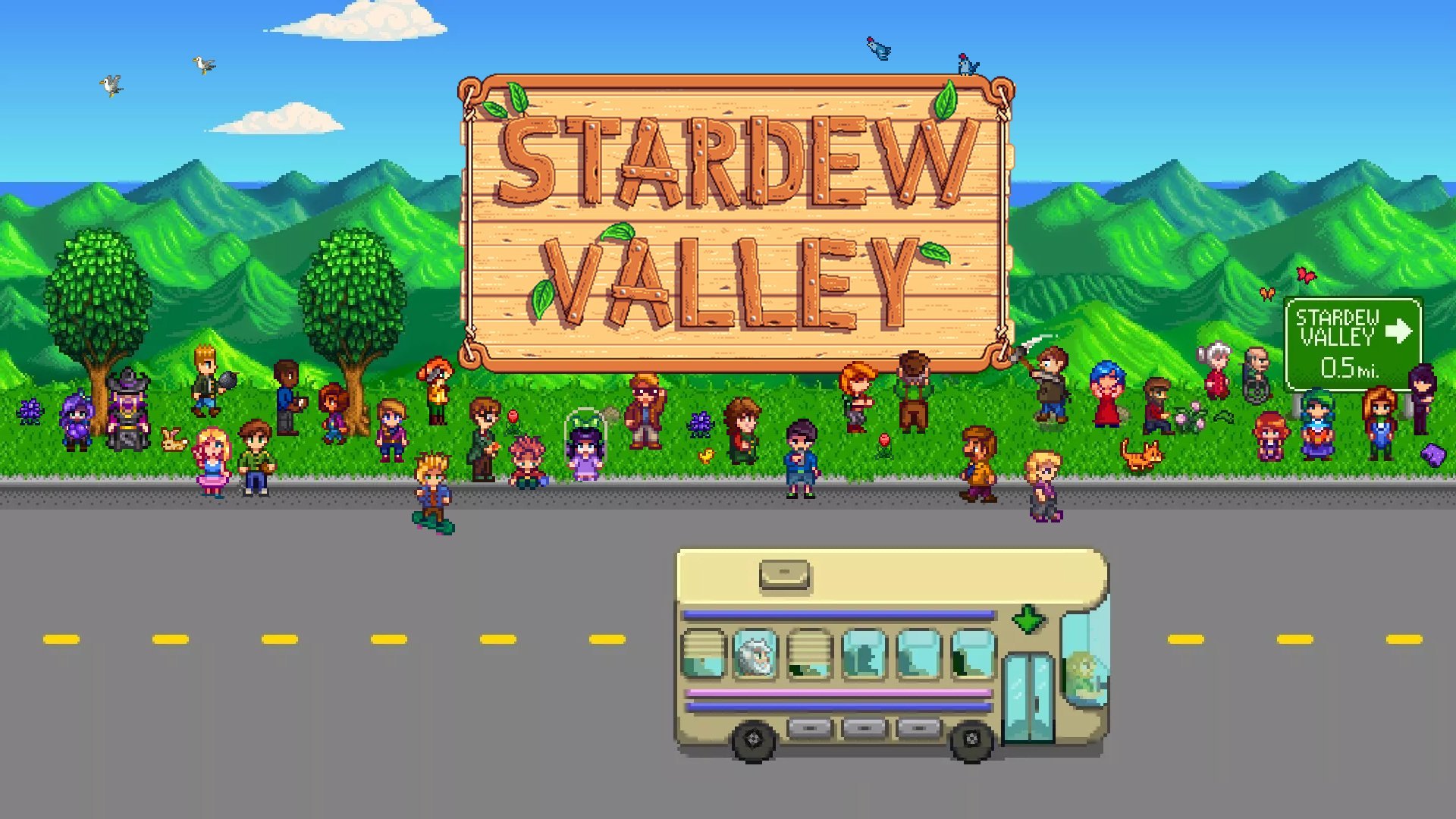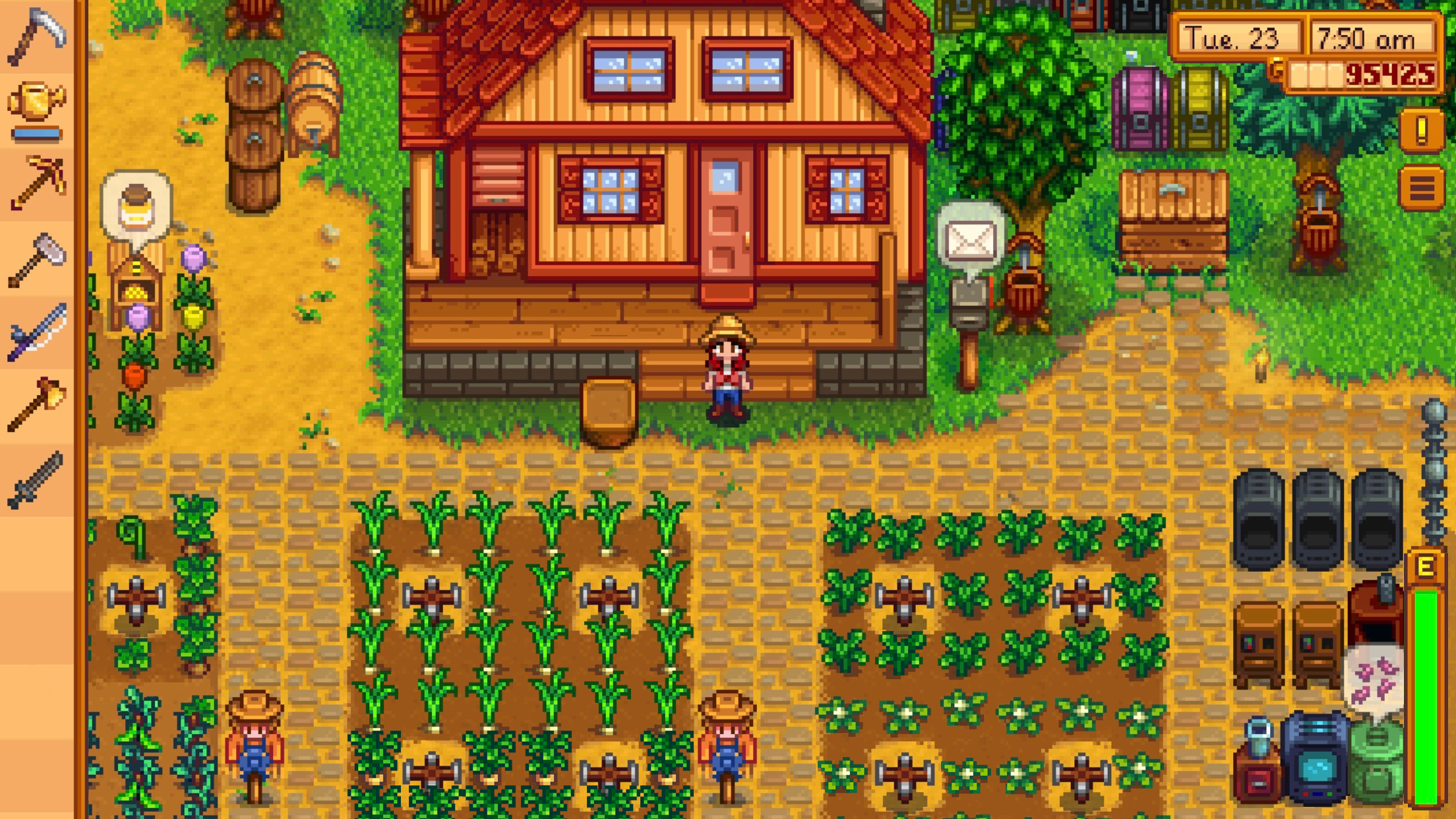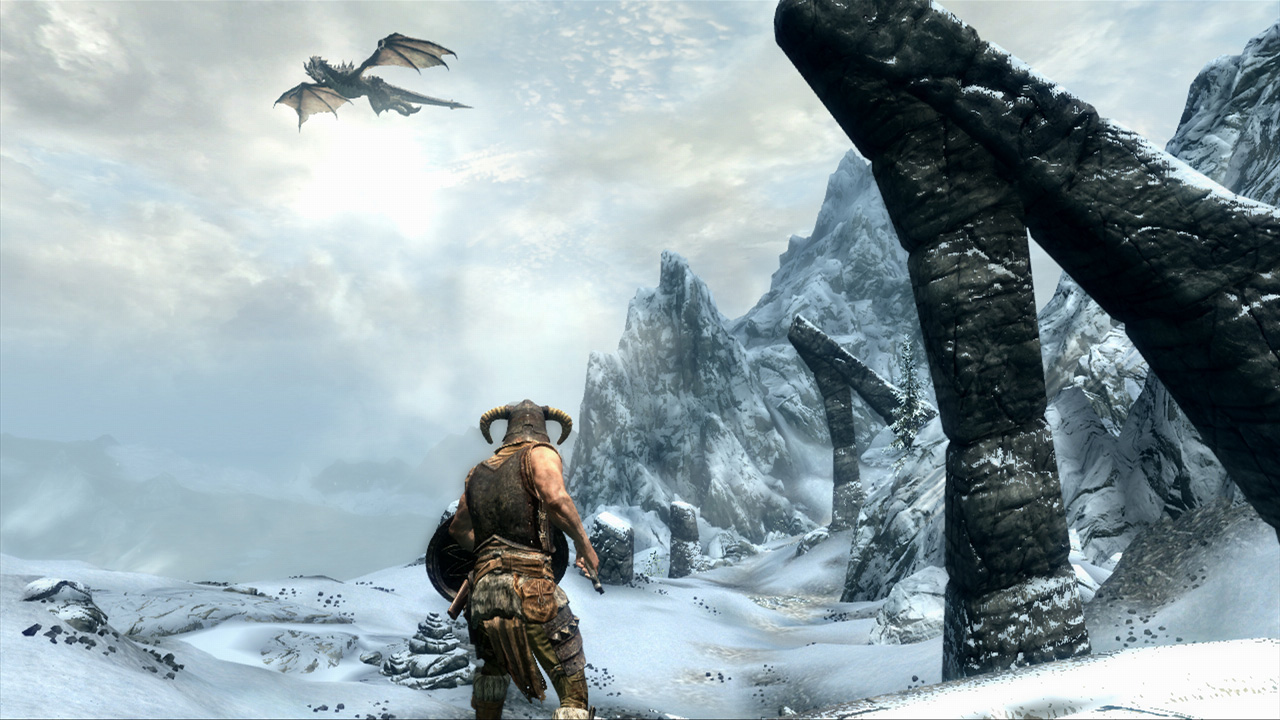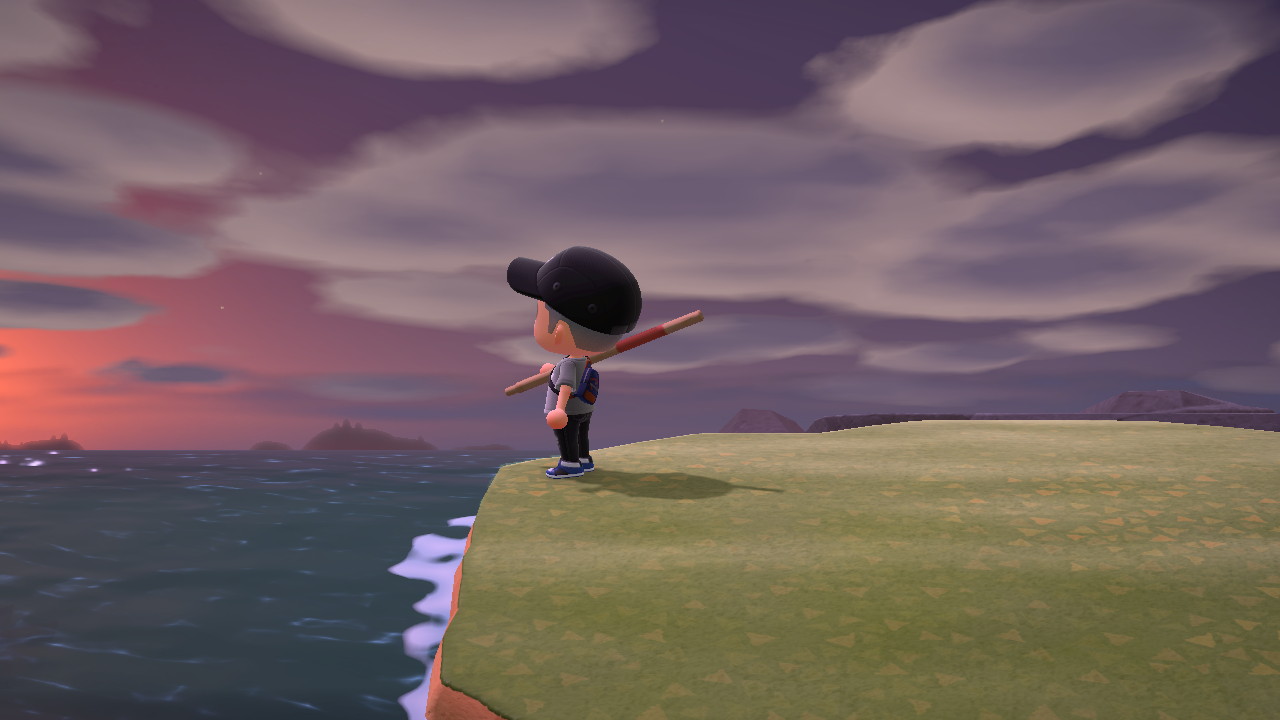
Why Life Simulators Fill Me With Existential Dread
I have a friend who, like many people, lost his job due to the COVID-19 pandemic. He now faces the unenviable task of paying rent either through supermarket work or burning through his savings. When I asked him why he enjoyed Animal Crossing: New Horizons, he told me, ‘It’s a fantasy.’
‘About paying your mortgage?’ I asked.
‘About paying off my mortgage.’
Surely there could be no concept more dull or dystopian. But if you have an internet connection, you’ll know that the opposite is true. All over the world people are shelling over hundreds of hard-earned dollars for the privilege of indebting themselves to a middle aged racoon. And this is no Papers Please, no scathing rebuttal of the game-like mechanics of capitalism: it is a quaint timekiller in the genre known loosely as the ‘life simulator’.
Life sims are an anomaly in the modern games market. They target unlikely pleasure centres in the human mind. In place of the instant gratification of blowing a ne’er-do-well away with a shotgun, the life sim offers the slower, more methodical joys that get most of us through our daily lives. The sound of birdsong. A task ticked off a list.
And god help me, I hate them so much.
The last of these games I invested serious time into was Stardew Valley. King of that ever-popular life sim sub-genre, the ‘farming sim’, Stardew drops you into a plot of feral land and leaves you to grow yourself an agricultural paradise seed by seed.
I was convinced to make the purchase by a long list of personal and professional endorsements. They promised a satisfying, meditative experience, free from pressure, deadlines or a trite plot. At first, it worked. Through a simple but majestically effective opening sequence, I was transported from my soul-crushing office job to the virile plains of the countryside. Right from the offset I had so much to do: townspeople to meet, crops to plant and harvest, dogs to name. I threw myself into the busywork with feverish gratitude. Each new pumpkin was a shot in the arm.
But after a while, something strange started to happen. I got into a routine. I figured out which villagers I wanted to woo and devoted my time to painstakingly growing their next gift, to saving up for my next coop or barn, all the time with an eye on the clock, watching for the next season change or story event. As I’d imagine is the case with real life farmers, I was so busy doing manual labour I didn’t get a lot of time off. But, every now and then, I’d set an evening aside and stroll down to the docks for a bit of fishing. I’d stand there next to old Willy and wait for the prompt to reel in my hook. And wait. And wait some more. When it got dark Willy would go inside, and I’d still be standing there with my fishing rod, reflecting on the crushing emptiness of it all.
Stardew Valley is not a game that you can beat. While there are a few loose story threads about the changing fate of the town, there is no closing revelation that gives a higher meaning to your efforts, no final curtain lift. Just like in real life, you have no choice but to motivate yourself.

The more time I poured into the game, the weaker my motivation became. I felt like a vampire: present in the same society as my peers, but removed from the tactile experiences that make life worth living. Sure, I could find momentary pleasure in catching a fish, but I couldn’t go home and eat the damn thing. The problem wasn’t a lack of immersion. I was too immersed, so much that the gaps between the simulation and reality felt all the vaster. Stardew Valley is hypocritical by design. It posits that a life spent in front of a computer is grim and meaningless, but zoom out from the swaying cornfields and you will find yourself just as you were in the prologue – indoors, hunched over your laptop, feeling unfulfilled in a vague but fundamental way. It brings to mind the ending of Terry Gilliam’s Brazil, where the hero, tortured into a catatonic state, dreams that he is free…
And look, maybe I’m being harsh on Stardew Valley. In fact, I know I am, because none of the elements I’m describing are unique. Any so-called ‘immersive’ game will turn into a waking nightmare if you spend too much time playing it.
Which is exactly my point.
The province of Skyrim is sixteen square miles in length. It has a population of around six hundred, less than a small village, and you can walk from one end to the other in about thirty minutes.
It is also eternal.

‘The vibe of the game is that it’s something you can play forever,’ said Todd Howard smugly in a 2011 Wired interview.
Oh, how those words once filled me with joy. I was twelve, and £35 was a lot of money to spend on a computer game. But Skyrim, according to the creators, had no end state – no final credits, no closing cutscene. New quests auto-generated all the time. I was essentially buying a never ending candy bar, right?
Wrong.
The first hundred hours went great. Emerging from a cave to the sight of those endless nordic vistas I could feel my heartbeat physically beat through my hands, this was it, I was there. Burn every book on the shelf, I’d found the only escapism I’d ever need. The next hundred were pretty good, too. Though the initial shine wore off I was still finding new corners of the story to refresh my interest, new nuggets of novelty.
It was around the three hundred hour mark that the existentialism started to really set in. I’d done too much, that was the problem. I knew it all too well. And what is Skyrim, once the quests have been completed, once every town has been explored? It is a country where every citizen has Alzheimer’s. Where children play the same games and get into identical arguments; where shopkeepers stand behind the counter and repeat one of a handful of greetings again and again. The war is over, nothing has changed. The dragons are dead, nothing has changed. Welcome to the Hotel California. You can log out any time you like, but you can never leave.
As I rode my horse from Whiterun to Solitude, slaughtering bandits under an azure winter sky, it occured to me that I was going to die some day. And, in a worst case scenario (excluding the Catholic afterlife), it might be something like this: a shrinking prison of a dream, made up of a finite number of images, memories and feelings. A walled garden with no door.
New Horizons had only been out for a few weeks, but already on YouTube you could find footage from people who have managed to hack the Nintendo Switch clock and bring their village a decade into the future. I clicked on one of these videos with breathless anticipation, expecting scenes of time-wrought devastation, of villages submerged in vines and littered with bulbous cartoon skeletons.
Instead, I saw life as normal. A few weeds. When the islander approaches a koala man called Canberra, he jumps: ‘Woah!’ says Canberra, ‘You’re alright! We’d heard weird rumours, like a shark attack, or an alien abduction, or that you’d joined an alien-shark circus…’ The rest of the townspeople, if they even comment on his absence at all, are equally nonplussed. ‘I was so worried!’ exclaims a frog called Huck. ‘You just left without even saying goodbye. Well, I guess that’s ancient history now. I’m just glad you made it back.’

This was a disappointment, to be sure. But I also found the apathy of the villagers oddly comforting. I like the idea that the world does not in fact revolve around me, that it still exists even when I’m not looking at it. There’s a particular sense of humour unique to Animal Crossing, a wry acknowledgement of the absurdity of it all that conversely makes it easier to suspend your disbelief. Of course existence is meaningless, says Nintendo – that’s what makes it fun! Now let’s go catch some bugs.
The creeping terror I feel when playing Stardew Valley may be a fundamental limitation of the form. But then again, perhaps it’s simply an issue of technology. There was a time when ‘lifelike’ CGI looked laughably ghoulish (hint hint, The Polar Express), but you’d never guess that from the quality of animation we enjoy today. If game developers can program enough dialogue choices, enough distractions – if they really stretch the illusion of time – maybe it’d be possible for life simulators to bridge the uncanny valley. This may be the real achievement of New Horizons: to stagger out the content just enough that you never feel the tug of eternity in the base of your gut. No ennui, no nihilism. Just the banal joys of island life.
Forever.






Well this was a lovely, if also melancholy article. Very much speaks to why I don’t play life sims either. Cos to play a life sim long enough is to be an immortal being in an immortal world, but only you are truly conscious of that shared immortality. Only you feel the absence of time or real change. Only you have to suffer eternity.
Am deffo thankful that RPS linked this article, and thanks for providing a great 3am reflection session for me! 😛 🙂
My pleasure! & apologies for the ennui!